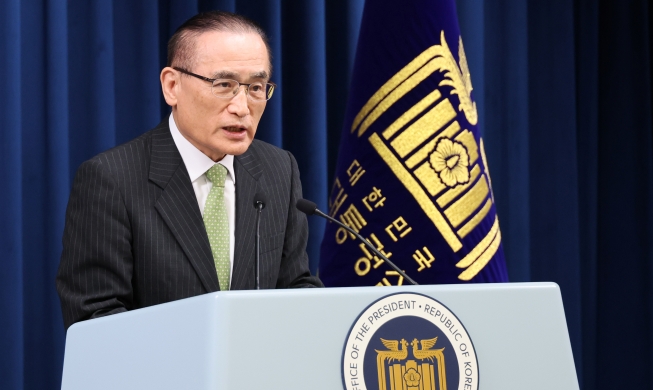The U.S. magazine Diplomat on July 23 posted the column "UNESCO and Japan's Rewriting of History" that said the Quadrilateral Security Dialogue faces its first test of unity at the UNESCO World Heritage Committee. (Screen capture from Diplomat's website)
By Lee Jihae
The Diplomat, a U.S.-based diplomacy magazine, on July 23 said in the column "UNESCO and Japan's Rewriting of History" that the Quadrilateral Security Dialogue, aka the Quad comprising the U.S., Japan, India and Australia, faces its first test of unity at the UNESCO World Heritage Committee.
The committee on July 22 expressed "strong regrets" over Japan's failure to keep its promise made in 2015 when its modern industrialization sites were registered as UNESCO World Heritage, unanimously adopting a resolution urging Japan to thoroughly keep its pledge.
The Japanese government has reneged on its pledge to fully inform the world about forced work in mines on Hashima (Battleship) Island and other Meiji Industrial Revolution sites and commemorate the victims.
The column's author was Mindy L. Kotler, director and founder of Asia Policy Point, a Washington-based think tank focusing on Northeast Asia. She is also an adviser to the American Defenders of Bataan and Corregidor Memorial Society representing American prisoners of war (POWs) in Japan and their families.
Kotler said not only Koreans but also Americans, Australians and Indians were among the thousands of POWs forced to work by Japan during World War II. They worked at mines, chemical factories and steel mills, but the Industrial Heritage Information Centre in Tokyo center made no mention of them.
"Upholding historical facts is a value of democracy" that is being "rapidly undermined," she wrote. "Japan’s defiance of UNESCO's recommendations to explain the 'full history' of its cultural properties shows how fragile the Quad's so-called unifying principles are."
jihlee08@korea.kr
